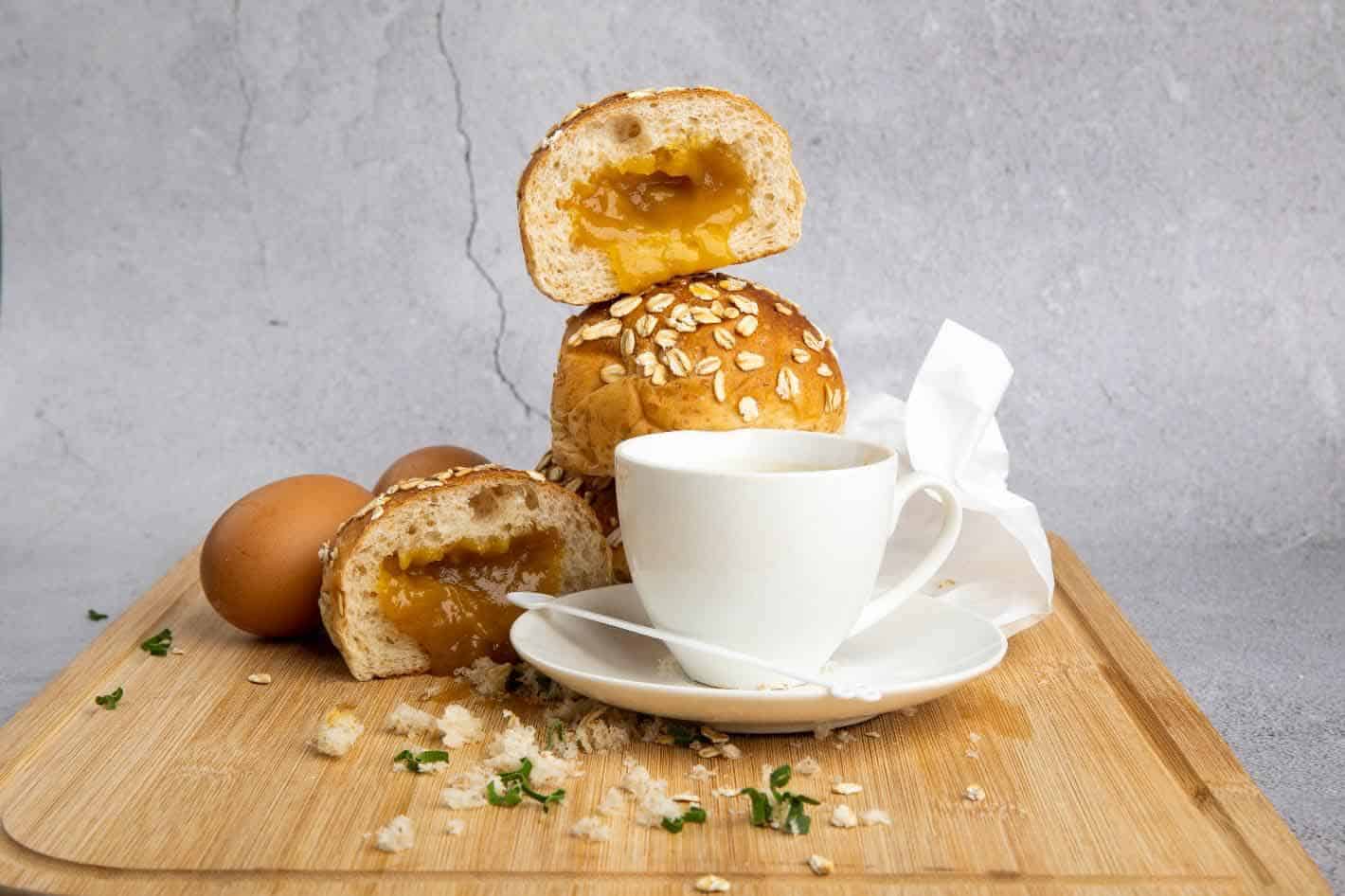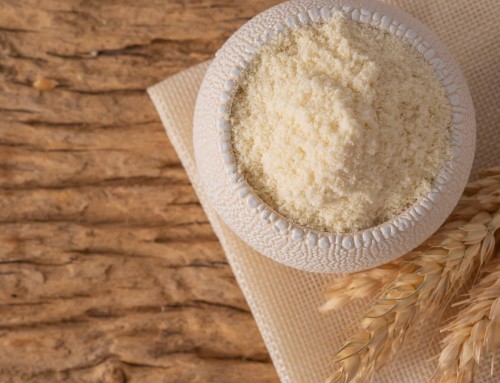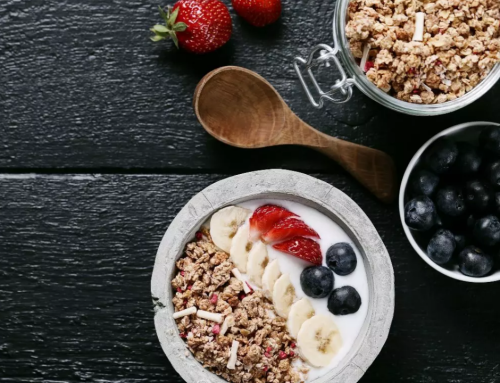Caring for our digestive health is crucial, just like attending to any other aspect of our well-being. We must recognise that the state of our digestive health is a reflection of the foods we consume. The popular expression encouraging people to include more fruits and vegetables in their diet holds more than just a casual significance.
It highlights the undeniable fact that these foods are abundant in dietary fibre — a vital element for ensuring our digestion operates at its best! Dietary fibre is a form of carbohydrate popularly derived from wheat grains, legumes, and fruits that cannot be broken down into sugar molecules. Despite dietary fibres being indigestible, we consume them to moderate all kinds of gastrointestinal activities.
When it comes to food production and the uses of dietary fibres in them, it is important to know that fibres can come in two forms, with both of them unique from the other. They are categorised as soluble and insoluble fibres.
Soluble fibres are essentially water soluble and can move through your digestive system slowly. They absorb water during digestion and form a gel-like substance that traps food, fats, sugars, and cholesterol in the stomach as well as softens stool for its easy entry into the gut.
An example of this would be polydextrose fibre which stands out with its low-calorie bulking and texturing properties. It can enhance the fibre content in food while serving as a substitute for sugar and fat, all without compromising taste or texture.
Additionally, they exhibit stability during processing, resisting high pH levels and heat. In food manufacturing, these fibres offer notable advantages such as their clean taste and digestive tolerance, making them beneficial from a nutritional and technical standpoint in beverages and premix products.
On the other hand, insoluble fibres are fibres that cannot mix with water. They move through your digestive system quickly but do not absorb water during digestion. Instead, they increase the bulk volume and promote normal movement of intestinal contents. Examples of water-insoluble fibres are wheat fibre, powdered cellulose (refined wood pulp), oat fibre, apple fibre, etc., and they are consequently used in foods like cereal, biscuits, and noodles.

The Secret to a Balanced Diet: Nourish Your Body With Dietary Fibre Ingredients
A balanced diet is essential for maintaining optimal health, and one of the key elements to consider is the inclusion of dietary fibres due to the immense health benefits it gives our digestive system. Contrary to popular belief, dietary fibre is not solely about roughage and preventing constipation. As mentioned, they also offer a wide range of benefits, including regulating blood sugar levels, improving cholesterol profiles, and supporting a healthy gut microbiome.
As food manufacturers, it is crucial to understand our role in ensuring consumers are given the available choice of incorporating dietary fibres into daily meals or consumption. It is advisable that manufacturers do not limit themselves to the variety of dietary fibre-rich ingredients that can be developed into food stuffs.
By playing the manufacturer’s role in cultivating healthy digestive systems for consumers, our communities can significantly reduce the risk of various bodily diseases, including obesity, diabetes, and depression — which are recurring enemies to healthcare in Malaysia and many other countries.
The Functionality of Dietary Fibre in Various Food Applications
Manufacturers generally use dietary fibres for both their nutritional-physiological and technological abilities such as lowering cholesterol content, reducing breakages and abrasion, improving texture, and performing synergistic effects with emulsifiers and thickening agents. When it comes to meat or meat-analogue (plant-based) food types such as patties, nuggets, and sausages, fibres tackle the common problems of firmness and shape retention in those products.
They function to improve binding and water holding capacity for increased juiciness in meat products, reduce weight loss during the heating or smoking process, and achieve meat-like texture and mouthfeel for plant-based meat alternatives. For the bakery side, flour-based products using dietary fibres can prevent cookies and biscuits from experiencing dryness, staling of dough, and high breakages after the cooking or baking process. In beverage production, dietary fibres provide improved mouthfeel and better delivery for nutritive enrichment in liquids.
Discover Quality Dietary Fibre With the Leading Ingredient Supplier in Malaysia and Singapore
As a leading supplier of technical ingredients for food and beverage in Malaysia and Singapore, Markaids sole dedication is to ensure that the highest quality food ingredients are sourced and supplied to manufacturers and customers for overcoming food product challenges. For soluble dietary fibre, we get our polydextrose ingredient supply from Henan Tailijie Biotech Co., Ltd. with good value on price and standard. On the other hand, our trusted partner J. Rettenmaier & Söhne (JRS) is committed to providing a range of quality guaranteed dietary fibres for any product application.
J. Rettenmaier & Söhne (JRS) whose decades of experience are in the production and processing of fibres, also provides dietary fibre ingredients free of E-number (clean label) — making it a good source of supply for dietary fibres to manufacturers looking to implement the Healthier Choice Logo (HCL).
Connect With the High-Quality Dietary Fibre Ingredient Supplier from Markaids
Together with support from our extensive principal networks, Markaids help food manufacturers in Malaysia and Singapore by first thoroughly understanding the fundamental principles and functions of our technical food ingredients.
When it comes to the supply of dietary fibre, our dedicated team of Business Development Technologists consistently strives to support manufacturers in selecting the optimal dietary fibre ingredients from Henan Tailijie Biotech Co., Ltd. or J. Rettenmaier & Söhne (JRS). Whether it’s addressing technical obstacles or gaining a competitive advantage in product development, we are committed to providing the most effective solutions for our customers.
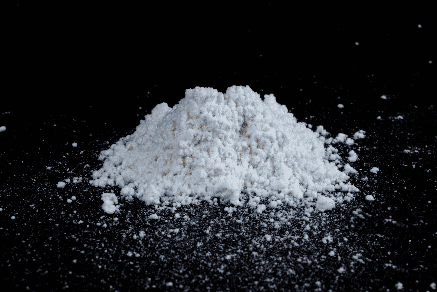
Bamboo fibre
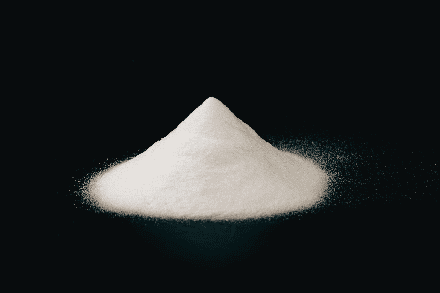
Polydextrose fibre
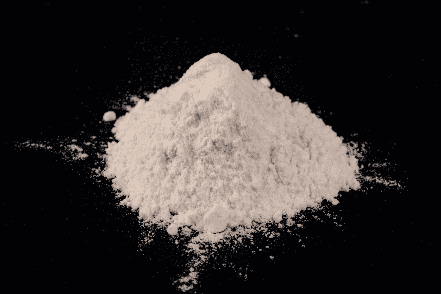
Citrus fibre
Have a question that needs answering? We are here to help! Connect with us through our contact form at https://www.markaids.com/contact-us/ or simply send us an email at ingredients@markaids.com.


